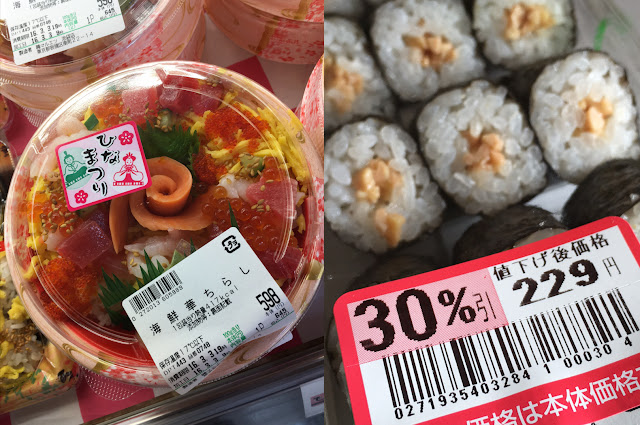The Hina Matsuri emoji, found in the "Objects" category on iPhones
Also known as "Girls' Day" or "Doll Festival" (the latter being the literal kanji translation), Hina Matsuri is celebrated in Japanese households and communities in varying degrees of complexity. For example, the "Big Hina Matsuri" in Katsuura, Tokushima takes the day to the extreme, with festivities marked by an incredible display of over 30,000 dolls! More modest celebrations may only include two hina ningyo dolls--the Emperor and Empress, as represented in the emoji seen above--although the iconic Hina Matsuri display includes the addition of several more dolls on a tiered display, representing members of the Heian Imperial Court. Small snacks like rice crackers are given as offerings to the dolls.
With its roots in the Heian period (794-1185), when dolls were displayed as a means to contain bad spirits--or were even floated down rivers with the same intent in mind, as seen in the ancient practice of nagashi-bina-- Hina Matsuri has a few different purposes in modern Japanese life. Families see the day as a time to pray for their daughters' health and happiness and view it as a step to womanhood, with hopes of future marriages in mind. But don't tarry on packing away the display for next year: a common belief is that if the dolls are left out on display too long, a daughter's chances at marriage may be delayed!
 |
| A Hina Matsuri display in the Pokemon world with Pikachu as the Emperor and Clefairy as the Empress, as seen in episode 52 of the anime |
 |
| Today's Google Doodle in Japan |
So how is an American celebrating Hina Matsuri here in Tokyo's Toshima ward, other than by writing this blog post? Well, while the dolls are absolutely beautiful, I can't exactly afford to buy a set for myself--we saw a few displays for sale at the Toys R Us in Sunshine City, and they're pricey, to say the least. Within my financial grasp, however, are some delicious sweets and deals, as shown below!
 |
| Hina Matsuri displays at my local supermarket (L) and convenience store (R) |
Wherever in the world you are, why not get into the spirit of Hina Matsuri today? Add its emoji to one of your texts, snaps, or other messages, and imagine what life would have been like as a member of the Heian court! 🎎




